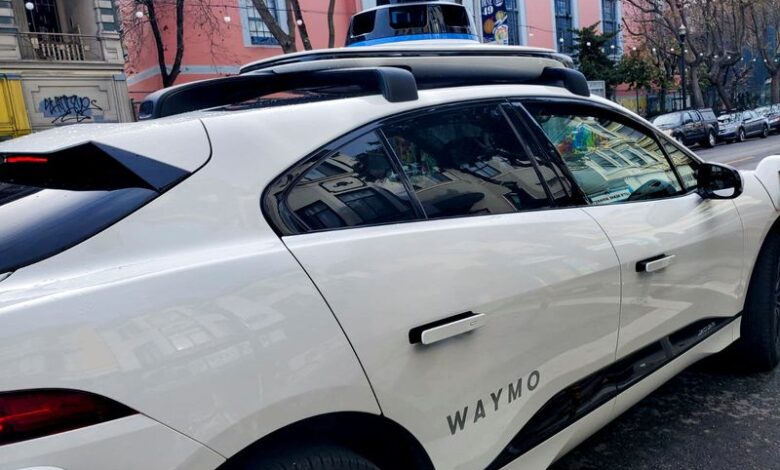Waymo and Aurora’s request for a waiver on driverless trucks opposed by US union

A transport union in the United States expressed its opposition on Tuesday to a request made by Waymo, Alphabet’s self-driving unit, and Aurora Innovation, an autonomous driving technology company, for an exemption from regulations regarding warning devices for large semi-trucks. The union cited safety concerns as the reason for their opposition.
In the previous month, the Federal Motor Carrier Safety Administration (FMCSA) announced that it had received a joint application from Waymo and Aurora requesting a five-year exemption from regulations that mandate drivers to place reflective triangles or flares around a stationary truck to warn other drivers and prevent accidents.
To avoid the need for human drivers, Aurora and Waymo aim to use warning beacons mounted on the truck cab instead of the traditional reflective triangles or flares.
According to the Transport Workers Union of America, the request made by Aurora and Waymo is “inappropriate” and constitutes an “overreach” and an “abuse” of the waiver and exemption procedure. The union added that granting the request would lead to a significant reduction in road safety and must be categorically denied.
The union called on the safety board to enforce “stringent oversight and standards” before permitting the widespread implementation of new technologies like the one proposed by Aurora and Waymo.
Waymo replied by stating that their request for exemption “would enable autonomous trucking operations to be carried out in compliance with regulations while maintaining a high level of safety.” On the other hand, Aurora declined to make a statement.
Both Aurora and Waymo informed the FMCSA that it is feasible to fulfill the safety objectives of the warning device by using amber flashing lights mounted on the front and rear of the truck cab.
As stated in their joint application, Aurora disclosed that it operates 28 Class 8 autonomous trucks on public roads, mainly in Texas, while Waymo has 48 Class 8 trucks in their fleet. Both companies have human drivers on standby who can take control of the vehicles if needed.
For more than five years, efforts to pass legislation that would facilitate the deployment of autonomous vehicles and reduce obstacles have been at a standstill in Congress. Although a bill was passed by the U.S. House of Representatives in 2017 to promote self-driving cars, it only applied to vehicles weighing less than 10,000 pounds and not to large commercial trucks.





